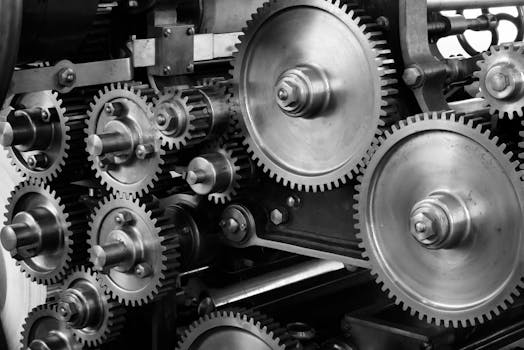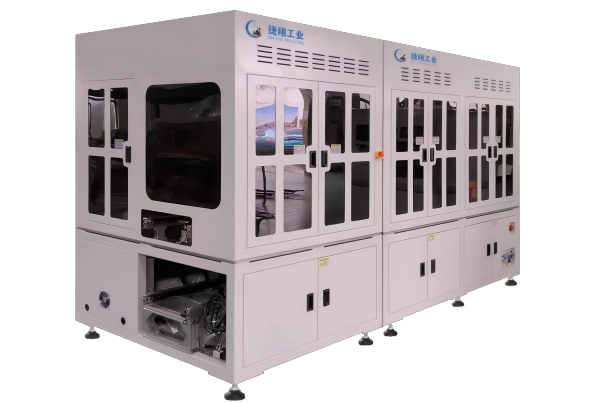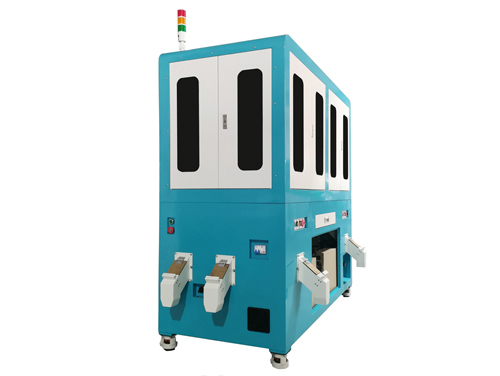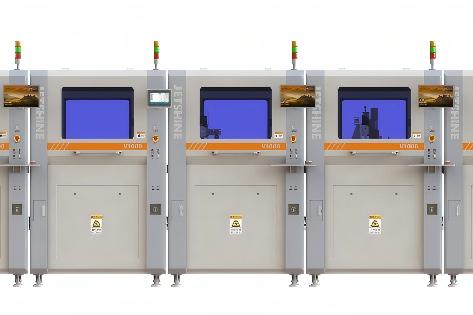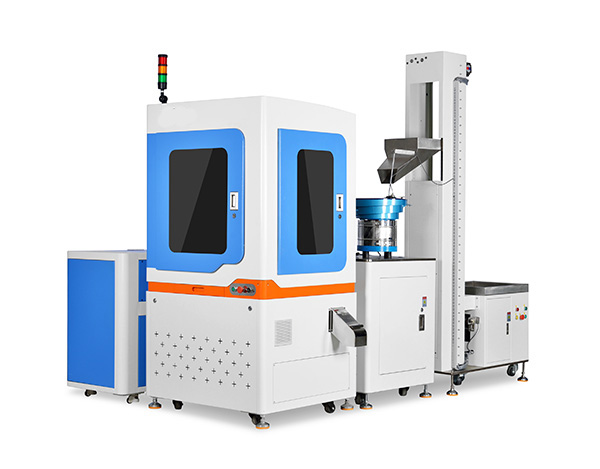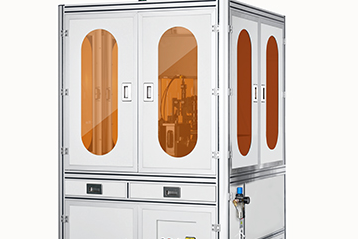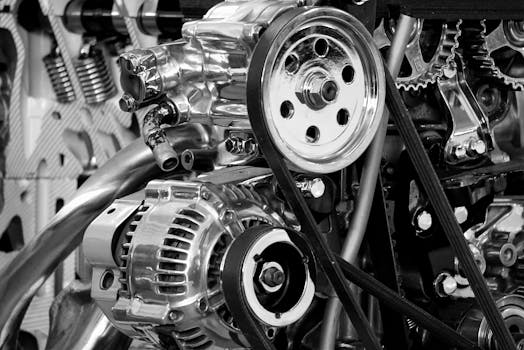
Why Is Automatic Defect Detection Important for Sealing Rings?
2025-10-21
If you’ve ever used a car, washing machine, or even a coffee maker, you’ve relied on one small but mighty part — the sealing ring. It keeps liquids, gases, or oils from leaking out. Sounds simple, right? But what if the sealing ring has a tiny defect? That little flaw could lead to major problems.
That’s why automatic defect detection has become a must for sealing ring manufacturers.
What Exactly Is a Sealing Ring?
A sealing ring (also called an O-ring or gasket) is usually made from rubber or silicone and used in mechanical parts to create airtight or watertight seals. You can find them in engines, pipelines, pumps, and other machinery.
Even a tiny crack, bubble, or uneven surface can cause leaks — leading to energy waste, machine failure, or even safety hazards.
The Limits of Manual Inspection
Traditionally, workers used to check sealing rings by eye. But manual inspection has a big problem: human error. When you look at thousands of small rings every day, your eyes get tired, and it’s easy to miss subtle defects.
Besides, manual work is slow, costly, and inconsistent — not ideal for modern production needs.
The Rise of Automatic Defect Detection Machines
Here’s where Sealing Ring Defect Detection Machines come in.
Using advanced CCD cameras, AI vision systems, and precision sensors, these machines can quickly spot tiny defects invisible to the naked eye.
They automatically rotate each ring, capture high-definition images, and compare them with pre-set quality standards. The result? Faster, more reliable, and totally objective inspection.
Why It Matters
For manufacturers, using an automatic detection machine means:
-
Zero missed defects
-
Higher product consistency
-
Lower production costs
-
Happier customers
And for users like you and me, it means safer, more durable products in our daily lives.

